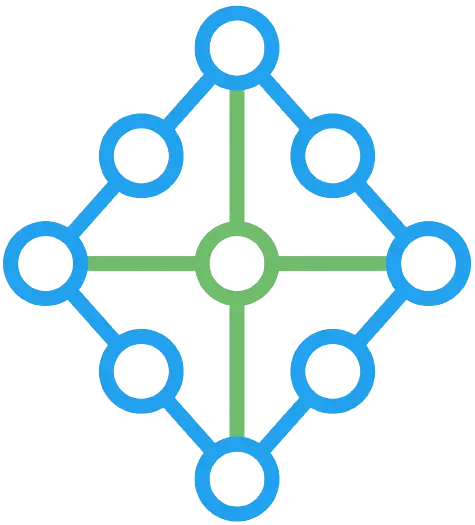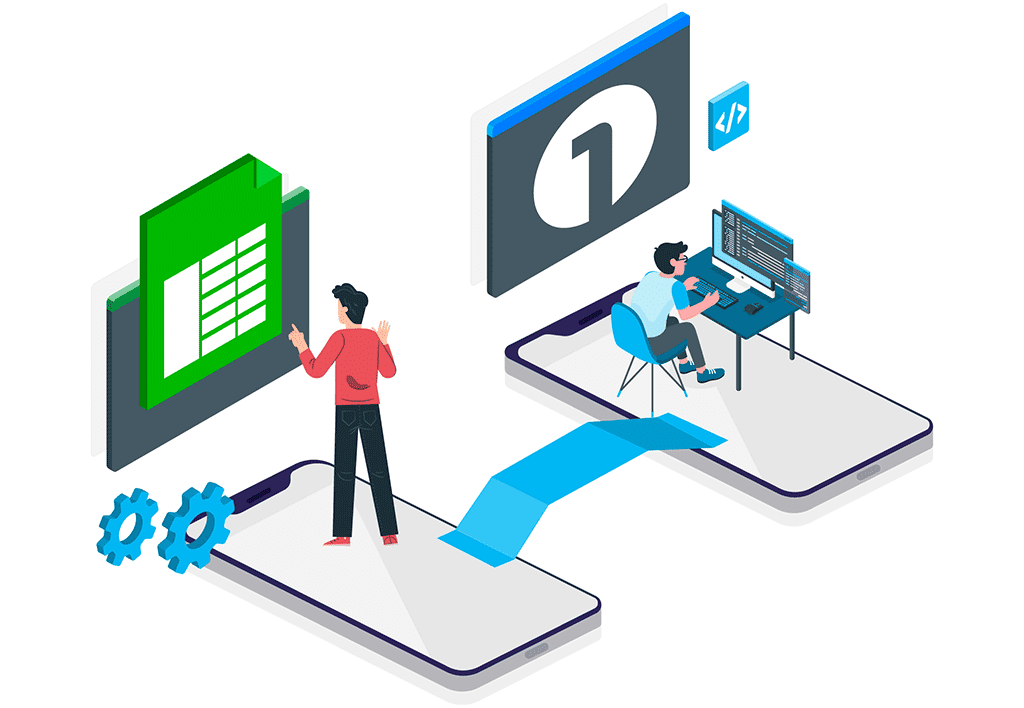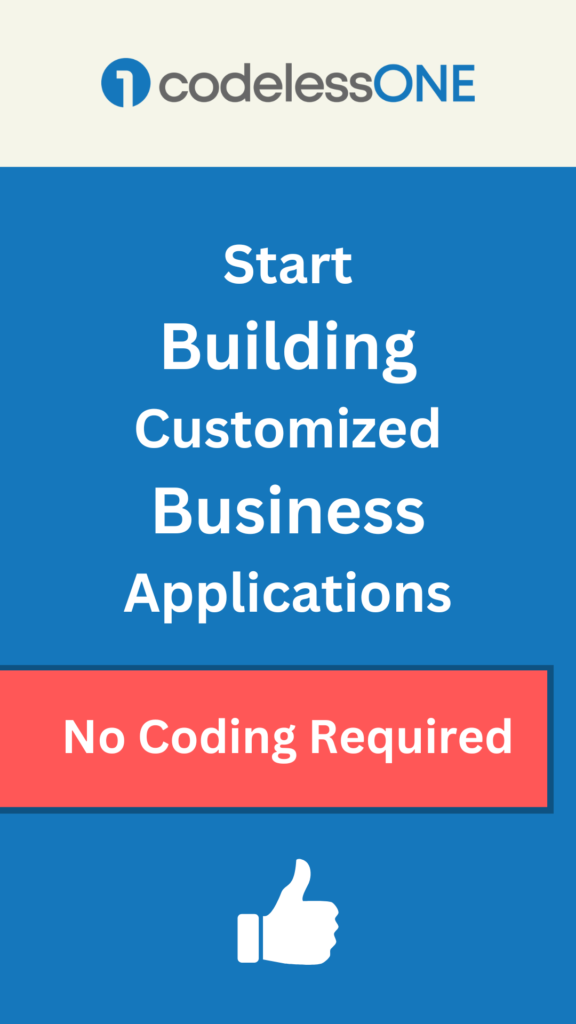5 Project management methodologies
you must learn

What is a project management methodology?
Project management methodologies are essential for managing resources to achieve specific goals in a time-bound manner. It helps to ensure that projects are completed on time, within budget, and to the required quality level. Several different project management methodologies are available, each with specific strengths and weaknesses. Most methodologies are based on the five steps of project planning, project management, project control, project performance, and project closure.
Project Management Methodologies:
We will begin our discussion of project management methodologies that can help increase a project’s efficiency and effectiveness.
1. AGILE
Agile project management is a set of methods and practices for managing projects and software development. Agile methods are based on principles of iterative and incremental development, flexibility, responsiveness to changing conditions, communication, and collaboration. Agile methods aim to deliver better outcomes and value for the cost. They promote flexibility, speed, and responsiveness in all project lifecycle phases.
In agile project management, the iterations are short in duration (usually 1-3 months), allowing the team to complete tasks quickly while engaging stakeholders. This approach relies on frequent communication between teams and stakeholders.
Agile project management relies on several fundamental principles:
• Focus on results – Achieving key milestones as early as possible is critical for success.
• Deliver early, often – By continuously delivering early iterations of your product or service, you’ll give yourself time to find problems before they become insurmountable obstacles.
• Team ownership – The success of any project depends on the commitment of a team that understands the vision for what needs to be built, how it should function and why it’s essential.
2. SCRUM
Scrum is an iterative and incremental process used to deliver projects on time and within budget. It’s a framework for managing projects by breaking work into small increments and maintaining a rapid yet flexible pace throughout the project.
Scrum is based on two core principles:
a. Product backlog (or “user story”) – A list of all the features required to complete the project, prioritized to show their relative importance.
b. Scrum team – A cross-functional team of experienced people building software, organized into roles such as product owner, development, and scrum master.
The scrum master is responsible for keeping the team accountable and ensuring that they’re always working towards their next sprint goal. The product owner maintains the product backlog, manages requests from stakeholders, and ensures that development stays aligned with business needs. Development teams take turns executing sprints (iterations), which typically last one week each. At the end of each sprint, the scrum master inspects the completed work against the product backlog to confirm that it’s ready for release. Once all sprints are complete, the entire project can be released to production.
3. LEAN
Lean methodology is an approach to project management that focuses on getting the right things done in the right way. Lean thinking tries to maximize value by eliminating waste and inefficiency. The basic idea is to find ways to become more efficient and effective by focusing on the critical drivers of organizational performance — people, processes, and technology.
There are several different types of lean methods. The most common type is lean manufacturing, which involves applying lean principles to manufacturing processes to improve efficiency, reduce waste, and increase customer satisfaction. Another type is known as lean startup, which consists of creating a business with the goal of rapid growth while minimizing waste, inefficiencies, and bureaucracy. There’s also lean healthcare, which involves applying lean principles to healthcare systems to improve efficiency and reduce waste. And there’s also lean marketing, which consists of applying lean principles to marketing processes to increase customer satisfaction and reduce waste. However, all of these lean methods have one thing in common: they all focus on finding ways to get more value from existing resources while reducing waste and inefficiency.
4. WATERFALL
Waterfall methodology is a popular project management method for its simplicity and straightforwardness. It is based on the principle that projects should be divided into sequential stages, and you should make all changes and updates at the lowest stage possible. This ensures that the project is managed in a consistent and organized way and that all stakeholders are kept up to date with the project’s progress.
It is especially effective for complex or technical projects. It helps to ensure that all stakeholders are aware of the project’s progress and that changes are made in a safe and manageable way for all concerned. The waterfall methodology is a popular choice for projects involving new technology, systems, or projects that significantly impact the environment. It is also commonly used for projects that require a high degree of coordination between multiple teams.
The waterfall methodology is likely the best option if you’re looking for a methodologically sound project management system. It’s simple to use, easy to understand, and effective in managing complex projects.
5. KANBAN
The kanban methodology is a popular project management system that uses visual boards to track and monitor projects. The boards are divided into columns, and cards are inserted into the appropriate columns to indicate the status of a project. Cards can include items like “In Progress,” “Finished,” and “Error.” The system is designed to provide a visual overview of the progress of a project, and it can be used to make changes to the project timeline as needed.
This method is popular for a reason – it’s effective. Using the visual boards, you can quickly and easily see how a project is progressing and make necessary changes. Plus, the system is easy to learn and use, so you’ll be up and running in no time. So if you’re looking for a powerful and effective way to manage your projects, the kanban methodology is a great option.
Check out the kanban methodology if you’re looking for a systematic way to manage your projects. With kanban, you’ll be able to keep track of everything from task status to resource allocation. And because the system is so easy to use, you’ll be able to get your projects done quickly and with minimal stress. In addition, the kanban methodology is known for its flexibility and adaptability, which means it can be used with various project types. So if you’re looking for a new way to manage your projects, the kanban methodology is worth considering.
Conclusion
Each methodology has its strengths and weaknesses, so it’s essential to choose the one that will work best for your project. With no-code platform like Codeless ONE, you can build your own project management app. Choose any ready-made template and customize it as per your needs or create an application manually.
Get your business apps running in minutes
Book a free personalized demo now.






